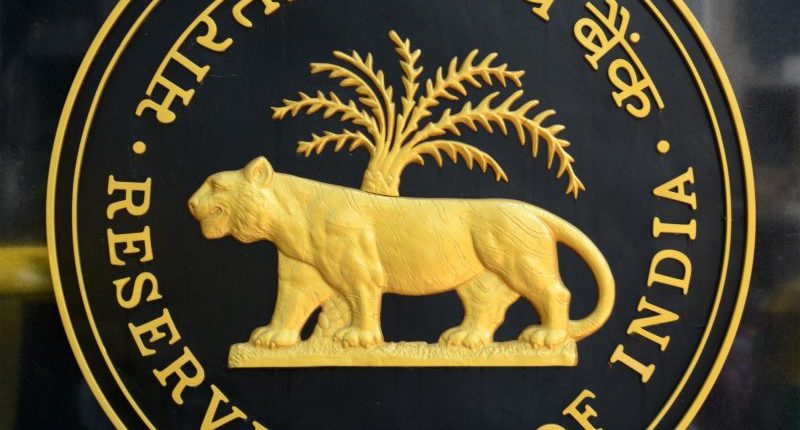On Thursday, the Reserve Bank of India (RBI) proposed to modify the existing norms for simplifying and rationalising the settlement of the payment process for importers and exporters through e-commerce. It issued draft guidelines on ‘Processing and Settlement of small value Export and Import related payments facilitated by Online Export-Import Facilitators (OEIF) (erstwhile OPGSP)’.
The RBI issued draft revised guidelines on the payment settlement process for export and imports suppressing the guidelines issued on 24 September 2015. It proposed these guidelines after a comprehensive review of the feedback received from banks and other stakeholders considering the development of the ecosystem for e-commerce.
Draft Revised Guidelines on Process for Settlement of Payment
The draft guidelines provide that the Online Export-Import Facilitators (OEIF), earlier known as the Online Payment Gateway Service Providers (OPGSPs), are Payment Gateway (PG) and Payment Aggregator (PA). It will facilitate online remittances for small value import and export of goods and digital products through e-commerce as per the instructions given in the revised guidelines.
The OEIFs can act as a PA or PG, or both, as the case may be, with the Authorised Dealer Category-I (AD) bank. In the case of exports, the OEIF will act as PG and act as PA for import transactions in terms of the guidelines issued by the Department of Payment and Settlement System (DPSS).
Import and Export Transactions Under the Draft Revised Guidelines
The RBI has proposed that the import transactions facility will be available for the online import of digital products and goods of value not exceeding USD 3,000. The payment collection from importers in India will only be through online payment modes. The online payment mode means payments done using debit cards, credit cards, net banking, UPI or any other online payment mode specified in the Foreign Exchange Management (Manner of Receipt and Payment) Regulations, 2016.
For export transactions, the RBI has proposed that the facility will be available to export digital products and goods of value not exceeding USD 15,000. The AD banks providing export transaction facilities will open a Nostro Account or use their existing Nostro account to receive the export-related payments through such a contract. The balances held in the Nostro Account will be repatriated to the Export Collection Account in India maintained with the same AD bank.
Currently, banks are permitted to provide processing and settlement of export and import-related remittances facilities by entering into a standing contract with the OPGSPs to export services and goods and import software and goods. The RBI has invited feedback and comments on the draft revised guidelines from all stakeholders through an email by 24 April 2022.
For any clarifications/feedback on the topic, please contact the writer at mayashree.acharya@cleartax.in

I am an Advocate by profession. I interpret laws and put them in simple words. I love to explore and try new things in life.





